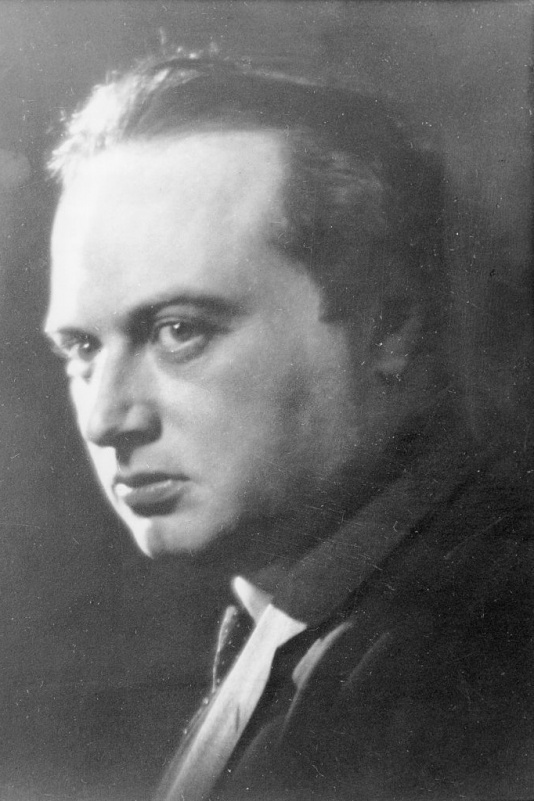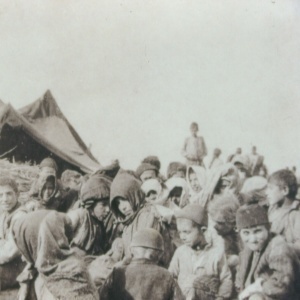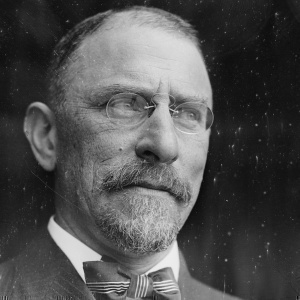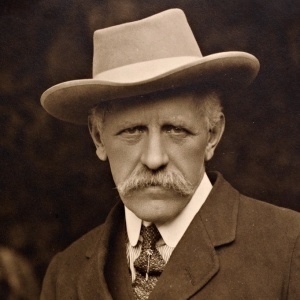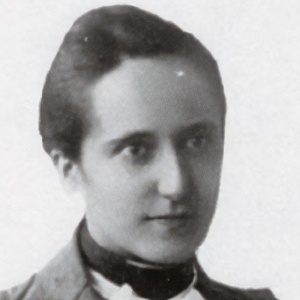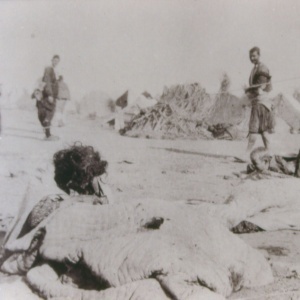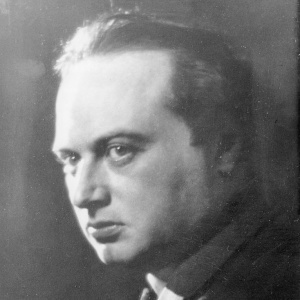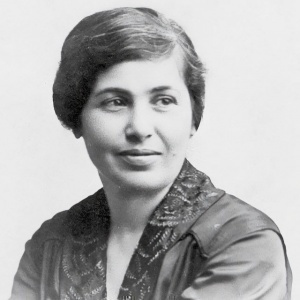Austrian novelist, dramatist and poet of Jewish origin, Franz Werfel was born in Prague in 1890. In his youth he belonged to revolutionary pacifist groups, he founded an anti-militarist league and held pacifist meetings in Bern, Prague and Davos.
From his acquaintance with Johannes Lepsius and Armin Wegner he learnt of the drama of the Armenian people. In 1929, during a stay in Syria, he saw with his own eyes the starving, mutilated and sick Armenian refugee children working at the carpet looms. He was deeply shocked and in 1933 published the most famous novel about the drama of the Armenians ever written: "The Forty Days of Musa Dagh".
Because of his Jewish origin and his progressivism he was expelled from the Prussian Academy and his books were burnt. In 1940 he fled to France where, to honour a vow, he wrote the novel The Song of Bernadette about the life of the saint of Lourdes. He then moved to Spain and Portugal, from where he set sail for New York.
Chapter V of his The Forty Days of Musa Dagh is entitled "Intermezzo of the Gods" and is dedicated to the dramatic dialogue, which actually took place, between Lepsius and the persecutor Enver Pasha. It is one of the most harrowing passages in modern literature.
Werfel died in California in 1945.


